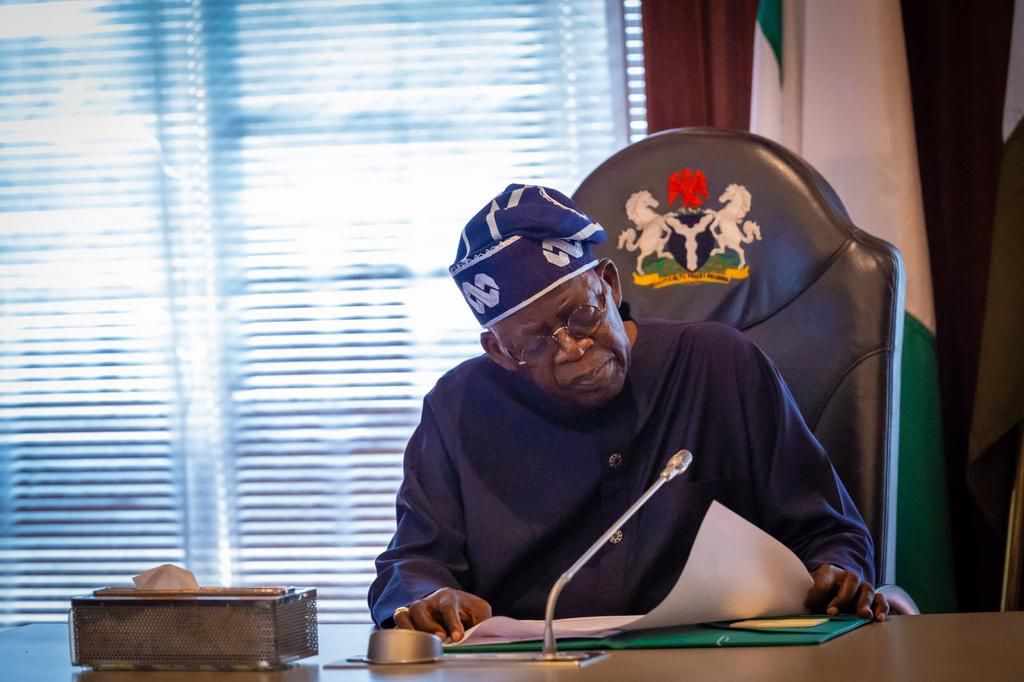Reaction greets Deputy Speaker Kalu's claim of influencing SEDC
![Deputy Speaker, Benjamin Kalu. [Facebook]](https://image.api.sportal365.com/process/smp-images-production/pulse.ng/27072024/87d4babb-e425-4dd6-a47e-f96b6621c029?operations=autocrop(700:467))
The approval of the Southeast Development Commission (SEDC) bill has ignited a heated debate regarding the extent of Deputy Speaker Benjamin Kalu's involvement.
Although the National Assembly passed the bill and President Bola Tinubu later assented to it, claims have surfaced crediting Kalu as a central figure in the process, sparking a wave of mixed reactions.
The Senate approved the SEDC bill in February after it was read for the third time and gained the majority's support. By July, President Tinubu had signed the bill into law, marking a significant milestone in regional development efforts.
While many, especially supporters of the Deputy Speaker, have hailed Kalu as instrumental to the bill's success, several Southeast stakeholders disagree.
They argue that the passage of the SEDC bill was a collective effort, with many pointing to President Tinubu's pivotal role.
Kalu isn't responsible for establishment of SEDC – Onoh
Dr Josef Onoh, a former campaign spokesman for President Tinubu in the South East, strongly disapproved of the narrative that Kalu should receive sole credit.
Onoh argued that the success of the bill was largely due to the President's political will and leadership, noting that similar regional development commissions had been established without such individual credit-seeking.

According to Onoh, "The South East Development Commission Bill was not an achievement of Hon Benjamin Kalu as he has been touting it to be; it was through the cooperation of the entire members of the National Assembly. It was not just members of the South East caucus, but more appreciation should go to the president."
He further criticised the notion of singling out one person, referencing the North West Development Commission (NWDC) and other similar bodies, passed without any individual claiming sole credit.
Onoh lamented that efforts to personalise the SEDC's success could undermine the collective work of the entire National Assembly.
Group defends Kalu over SEDC
![Deputy Speaker of the House of Representatives, Benjamin Kalu. [Twitter:@OfficialBenKalu]](https://image.api.sportal365.com/process/smp-images-production/pulse.ng/26072024/94126ccc-5b34-4f93-acbf-34eff5d92002)
Despite Onoh's reservations, the Coalition of Southeast Youths for Democracy (CESYD) has staunchly defended the Deputy Speaker.
In a statement released by the group, CESYD praised Kalu for his significant contributions and warned against any attempts to malign his efforts.
The group's coordinator, Comrade Wisdom Akunna, criticised what he termed a "bring-him-down" attitude from those discontented with the Deputy Speaker's prominence in the bill's passage.
"It is no secret that Rt. Hon. Benjamin Okezie Kalu has expressed profound gratitude to President Tinubu for signing the SEDC bill into law. We are, however, taken aback by the obvious show of hate, driven by the 'pull-him-down' syndrome," CESYD's statement read.
The group also highlighted Kalu's role in ensuring the SEDC bill's smooth progression through the House of Representatives, where it underwent multiple readings and deliberations before being sent to the Senate for final approval.
"On December 21, 2023, the third and final reading of the bill took place in the House of Representatives, effectively passing the bill and transmitting it to the Senate for concurrence," the group recalled.
![Deputy Speaker of the House of Representatives, Benjamin Kalu. [Twitter:@OfficialBenKalu]](https://image.api.sportal365.com/process/smp-images-production/pulse.ng/26092024/3dafc262-908a-444c-b4f7-b9c421abbde8)
CESYD expressed shock at attempts to downplay Kalu's efforts, emphasising the Deputy Speaker's dedication to making the Southeast Development Commission's vision a reality.
The bill had previously failed to pass in the 8th National Assembly, making its eventual approval a landmark achievement for the region.
The divergent views on Kalu's role reflect the complexity of regional politics and the often-contentious nature of claiming credit for legislative accomplishments.
While some stakeholders, like Onoh, advocate for a collective approach to success, others, like CESYD, maintain that individual leadership played a crucial role in the SEDC's success.
)
)
)
)
)
,fit(112:112))
)
)